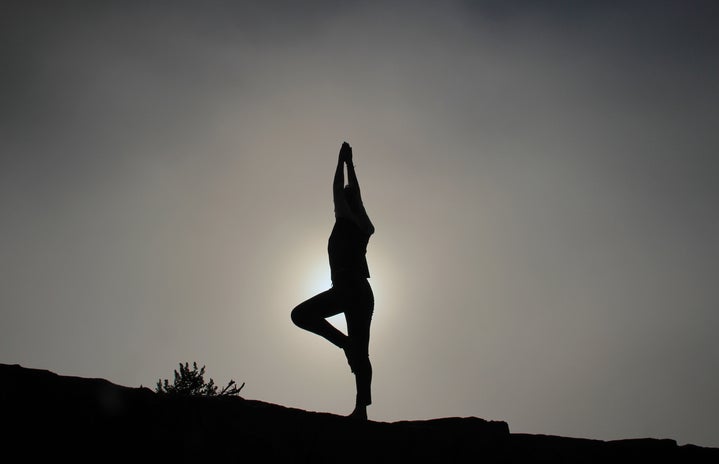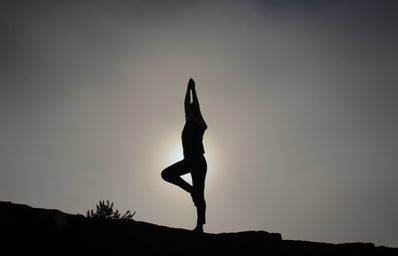Author’s Note: This is a continuation of my series on Body Image and Fitness
If you’ve had body image issues and are getting into the fitness world, you see a sort of clash in behaviors. What you’ve taught yourself to absolutely NOT do, counting calories, weighing yourself, etc., is what is done by most people who are seriously invested in the fitness world.
Most fitness regimes are not casual. They are measured, controlled things. If you’re looking to cut you have to actively track the calories you’re taking in, the calories you’re using, your macros, etc. And, none of this is bad in and of itself. People who take their fitness very seriously and have active goals for themselves and their bodies, goals that have more to do with what your body can do than what it looks like, tend to have good body image. Remember, in the fitness world, you can’t just cut. You may have to bulk as well, actively eating more calories than you’re using to put on more muscle. Both sides are important.
If you have any history of body image issues, but you start getting into the fitness world, it’s hard to find what the right move really is. This is because, on one hand, you like having specific goals and working towards something. All of this stuff is actually pretty fun. If you’re competitive with yourself, if you like a challenge, it can make your workout routine and lifestyle more interesting by giving yourself set goals. It’s about being healthy, but also being aware of your body. But, on the other hand, body image issues cause you to be over-aware of your body, and the habits encouraged by the fitness world can be detrimental to your mental well being.
Regardless, I decided to give it a shot. I figured I was still on a cut, but a super light one, so that my output was only about 250 calories more than my input. Nothing dramatic. I would track my food, especially to ensure that I was having enough protein to maintain muscle. I would know the numbers of my day (calories, macros, step count, etc.), and use those to safely achieve my goal. And it was all going fine, for three weeks. I wasn’t restricting myself in the least, just trying to be more aware. I continued following the fitness people I liked on social media. I did the same workouts as before and ate basically the same way as well.
I decided to roughly estimate my body fat percentage, just to know. I just wanted to know. I knew my measurements—waist, chest, hips, thigh, etc. I was curious what all those measurements really meant, so I started looking up celebrities measurements. Curvaceous women only, whose bodies I felt matched mine in their natural state.
So I know the measurements of Kate Upton, Scarlett Johansson, Iskra Lawrence, Ashley Graham, and Kim Kardashian. I’ve poured over them. I know where mine differed from theirs, and by how many inches. I thought I was fine.
I started carrying around measuring tape in my purse. I measured before the gym, after the gym. I measured when I woke up and before bed. So, in the middle of an anxiety spiral, I measured myself, again and again, looked up the measurements of the women above, measurements I know. I went on Instagram models’ pages for hours, addicted to the pang I felt when I looked at them. I felt sick. I felt enormous and so small. I felt worthless.
And it’s not simply because of body image issues. But, the body image issues are a crutch I use for my own insecurity. Because I can control that. I can get Kate Upton’s waist. I can get Kim K’s hips. I can lose weight, or gain weight, I can do something about this part of it, this part that must be the problem, this part. I’m unlovable. I need to lose 5 pounds. I’m annoying. I need a rounder ass. No one likes me. I have to lose at least two inches on the waist. I’m alone. I’m terrible. No one wants me. No one wants to even be near me.
I have dug myself out of this anxiety spiral, not for the first or (I fear) the last time. I feel much better right now—I’m not afraid of mirrors, I haven’t touched my measuring tape. But, I’m also staying careful for the moment. I’m not allowed to judge myself for anything I eat. I can’t do any kind of active tracking of food right now. It’s too soon and too dangerous. You have to know when something is going to help or hurt.
This anxiety I have is not reflective of the fitness community or fitness regimens at large (though some supposed fitness regimens are in fact not healthy and very dangerous, be careful) It is rather a manifestation of my own insecurity, using the terms of “fitness” to rear its ugly head. When I work out, I don’t do it in the mindset of trying to feel like enough. I do it to feel powerful, to use up some of my endless anxious energy, to feel connected to my body in a positive way. When I try to ensure I’m eating enough protein, I’m trying to make sure that my muscle growth is sustained. Most of the decisions and actions I take as a person who considers herself fit are healthy. The problem lies in when I try to use my fitness to prove or disprove my insecurities. I cannot run to try to feel lovable. It won’t work. There is no weight heavy enough, no amount of pushups, no bike ride long enough to “fix me”. Instead, I try to use these things to remind myself that there’s nothing to fix.


